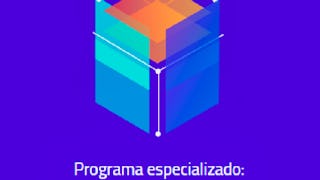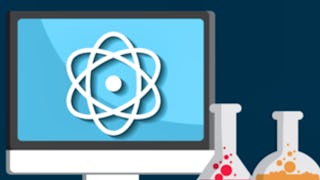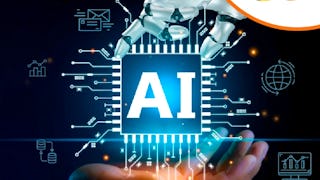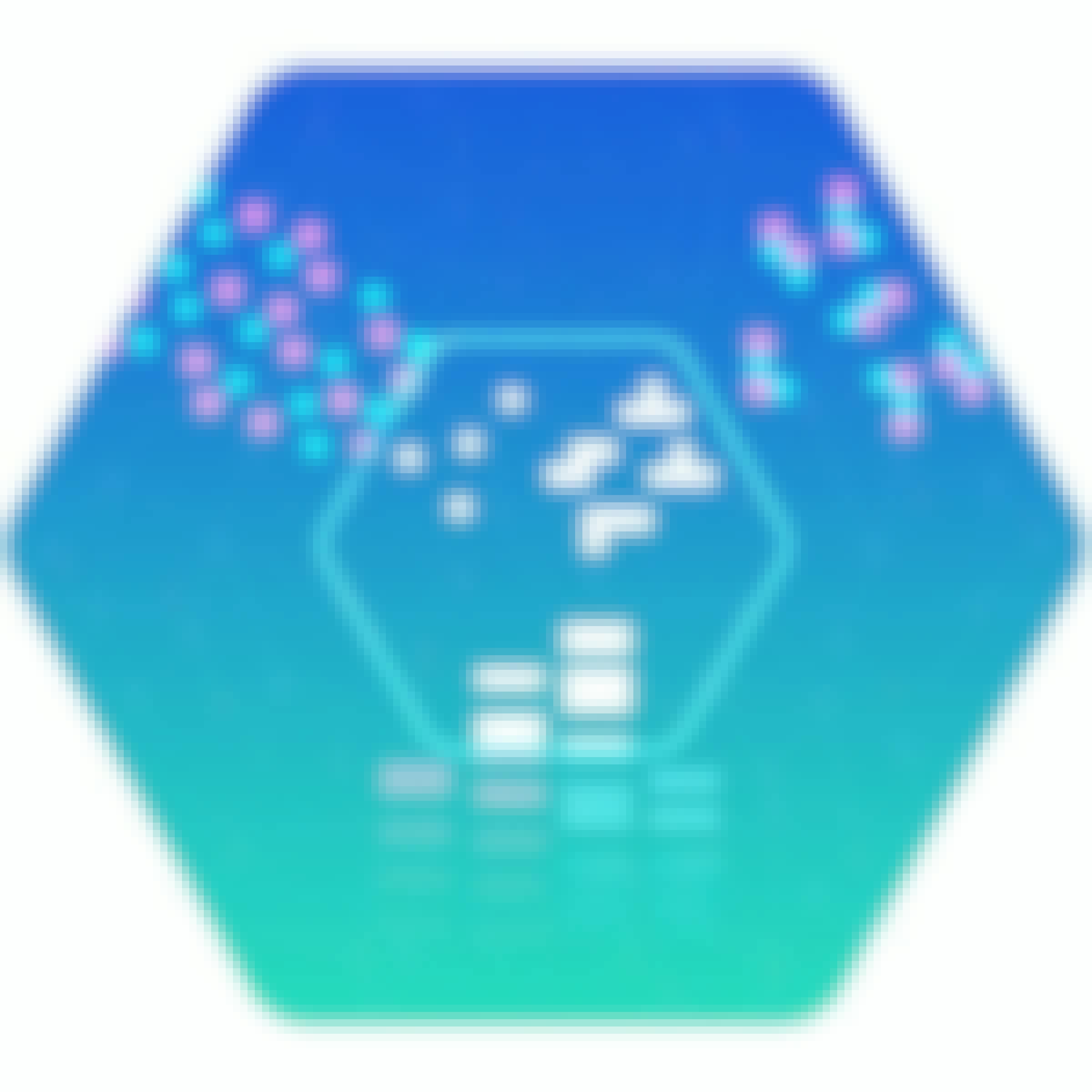Filter by
SubjectRequired
LanguageRequired
The language used throughout the course, in both instruction and assessments.
Learning ProductRequired
LevelRequired
DurationRequired
SkillsRequired
SubtitlesRequired
EducatorRequired
Explore the Mapreduce Course Catalog
 Status: NewStatus: Free Trial
Status: NewStatus: Free TrialJohns Hopkins University
Skills you'll gain: Apache Hadoop, Apache Hive, Big Data, Apache Spark, NoSQL, Data Management, Data Processing, SQL, Query Languages, Data Manipulation, Scripting Languages, Data Transformation

Skills you'll gain: Amazon Web Services, Database Design, Amazon CloudWatch, Amazon DynamoDB, Amazon Redshift, Data Migration, Database Architecture and Administration, Database Management, Disaster Recovery, Databases, Relational Databases, AWS Identity and Access Management (IAM), NoSQL, AWS CloudFormation, Cloud Security, Encryption, Amazon S3, Virtual Private Networks (VPN), Scalability, Performance Tuning
 Status: Free Trial
Status: Free TrialSkills you'll gain: AWS Kinesis, Real Time Data, Apache Spark, Apache Hive, Data Pipelines, Apache Hadoop, Data Processing, Extract, Transform, Load, Amazon Web Services, Serverless Computing, Data Lakes, Data Visualization, Amazon S3, Query Languages, Performance Tuning
 Status: Free Trial
Status: Free TrialUniversidad de los Andes
Skills you'll gain: Spatial Analysis, NoSQL, Spatial Data Analysis, Geospatial Mapping, Geographic Information Systems, Big Data, MongoDB, File Systems, Apache Hadoop, Distributed Computing, Data Architecture, Database Systems, Cloud Computing, Apache Spark, Public Cloud, Data Processing, Scalability, Databases, Environmental Monitoring, Image Analysis

Skills you'll gain: Data Storytelling, Data Mining, Data Science, Data-Driven Decision-Making, Digital Transformation, Big Data, Data Analysis, Business Analytics, Regression Analysis, Analytics, Apache Hadoop, Health Informatics, Deep Learning
 Status: Free Trial
Status: Free TrialSkills you'll gain: PySpark, Apache Spark, Unsupervised Learning, Data Processing, Distributed Computing, Applied Machine Learning, Big Data, Feature Engineering, Machine Learning, Machine Learning Algorithms, Supervised Learning, Regression Analysis

Skills you'll gain: MongoDB, Dataflow, Applied Machine Learning, Google Cloud Platform, Data Pipelines, Big Data, Data Integration, Data Analysis
 Status: Free Trial
Status: Free TrialSkills you'll gain: Dataflow, Data Pipelines, Real Time Data, Data Processing, Extract, Transform, Load, Jupyter, Google Cloud Platform, Data Transformation, SQL, Analytics
 Status: New
Status: NewCoursera Instructor Network
Skills you'll gain: Databricks, Scalability, Workflow Management, Organizational Leadership, MLOps (Machine Learning Operations), Artificial Intelligence and Machine Learning (AI/ML), Business Strategy, Process Optimization, Data Pipelines, Applied Machine Learning, Automation, Real Time Data

Skills you'll gain: MongoDB, Dataflow, Applied Machine Learning, Google Cloud Platform, Data Pipelines, Big Data, Data Integration
 Status: Free Trial
Status: Free TrialSkills you'll gain: Dataflow, Data Pipelines, Performance Tuning, Site Reliability Engineering, Data Infrastructure, Maintainability, Debugging, System Monitoring, Data Processing, CI/CD, Unit Testing, Google Cloud Platform, Disaster Recovery, Java
 Status: Free Trial
Status: Free TrialSkills you'll gain: Dataflow, Data Pipelines, Apache Kafka, Real Time Data, Data Processing, JSON, Business Logic, SQL, Jupyter, Analytics
In summary, here are 10 of our most popular mapreduce courses
- Data Analysis Using Hadoop Tools: Johns Hopkins University
- AWS Database Specialty Certification: EDUCBA
- AWS Data Processing and Analysis: Packt
- Plataformas para procesar datos no tradicionales: Universidad de los Andes
- 데이터 과학이란 무엇인가?: IBM
- Machine Learning with PySpark: Edureka
- Configuring MongoDB Atlas with BigQuery Dataflow Templates: Google Cloud
- Serverless Data Processing with Dataflow: Develop Pipelines en Español: Google Cloud
- Databricks Mosaic AI: Coursera Instructor Network
- Configuring MongoDB Atlas with BigQuery Dataflow Templates: Google Cloud










